“In a world trembling beneath gods and monsters, one man must choose between the planet that raised him and the world he was born to save.”
Above the clouds, he hovers—a red cape flaring like a wound against the sun. The wind howls past his ears. His eyes glow with heat. And far below, a world trembles, caught between worship and fear. In “Man of Steel” (2013), Zack Snyder resurrects Superman for a modern age: a messiah forged in fire, doubt, and cataclysm.
From its first frames, the film declares itself bigger, bolder, and darker than any Superman story before it. Snyder plunges us into the doomed world of Krypton, a dying planet bursting with volcanic eruptions, sleek technology, and political treachery. Jor-El (Russell Crowe), noble and haunted, launches his infant son into the stars as Krypton collapses—a final act of hope in a world gone blind.
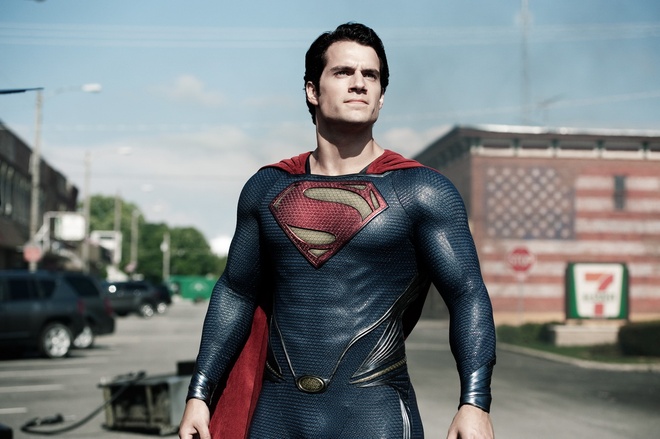
On Earth, that child grows into Clark Kent (Henry Cavill)—a drifter hiding unimaginable power beneath a humble exterior. Snyder’s storytelling moves between present and past, weaving vignettes of a young Clark wrestling with terrifying strength and loneliness. A school bus plunging into water. A tornado howling across Kansas fields. A child’s eyes blazing as he learns to see through walls and hear every cry for help.
The film’s beating heart is Clark’s search for identity: alien or human, savior or outcast. His adoptive parents, Jonathan and Martha Kent (Kevin Costner and Diane Lane), urge caution and secrecy, fearing how the world might react to a god among them. Yet destiny calls when General Zod (Michael Shannon) arrives, demanding Clark’s surrender—or Earth’s destruction.
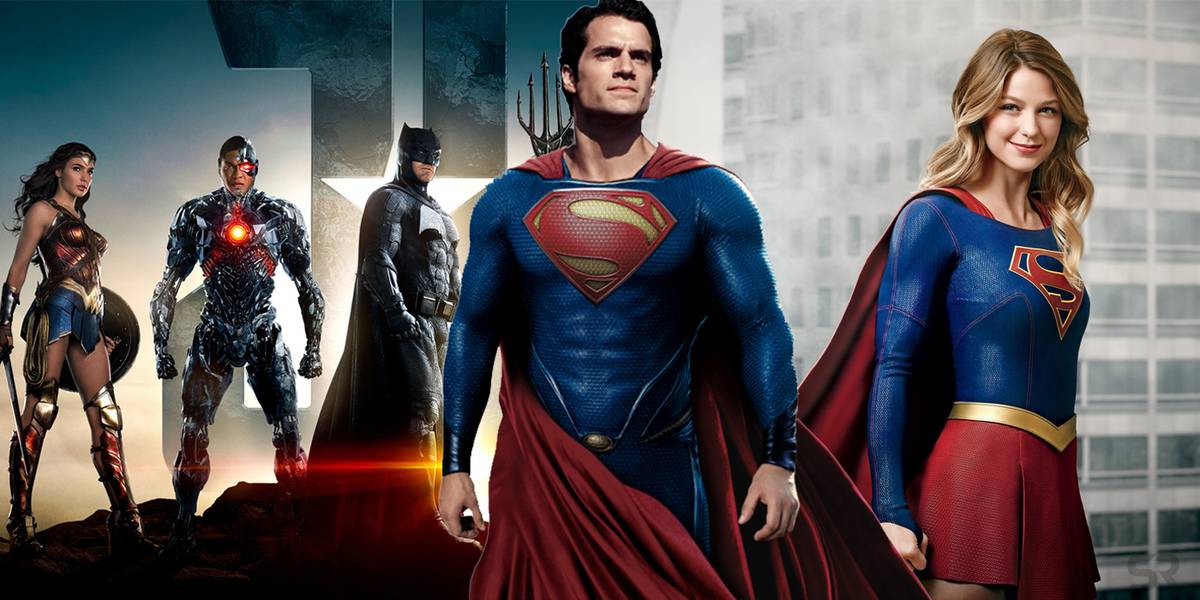
Zod, all steely-eyed fanaticism, isn’t merely a villain but a man driven by purpose: to resurrect Krypton atop the ashes of humanity. Shannon delivers lines with volcanic fury, his intensity matched only by Cavill’s quiet determination. When Superman finally accepts who he is, he soars into the skies like a missile launched from Earth’s core.
Snyder’s action sequences explode with raw spectacle: cities pulverized in superhuman brawls, sonic booms cracking the skies, laser vision slicing through steel. Yet amid the destruction, “Man of Steel” remains intimate, focusing on one man’s impossible burden: to save the world, even if it learns to fear him.
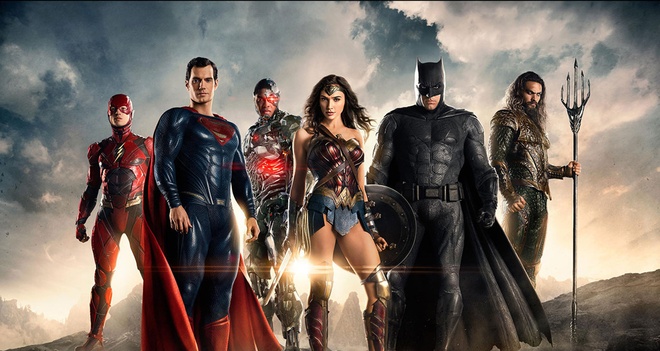
Hans Zimmer’s thunderous score rises like a prayer, blending orchestral power with trembling, minimalist beats, giving Superman’s journey a pulse both cosmic and deeply human.
“Man of Steel” isn’t just about a hero—it’s about a man learning who he wants to be. A god learning how to be human.
And in the end, it asks the oldest question of all: what if the greatest power the world has ever known chose to use it for good?
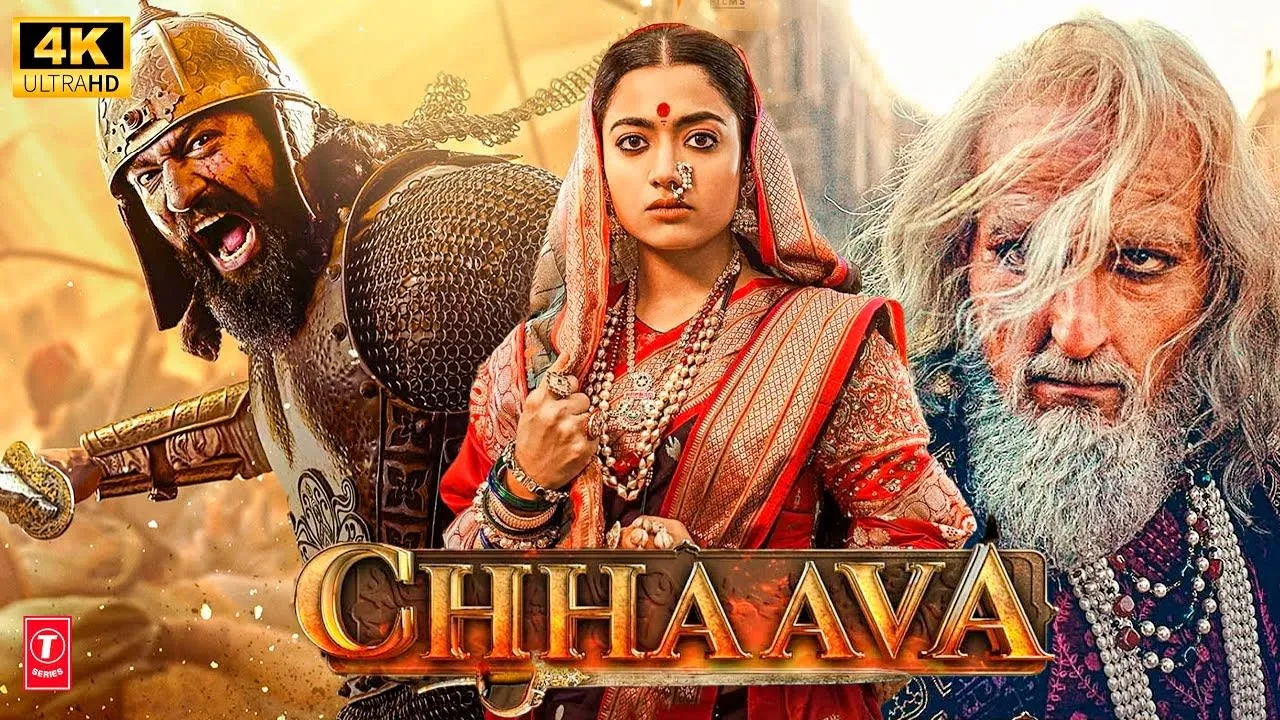
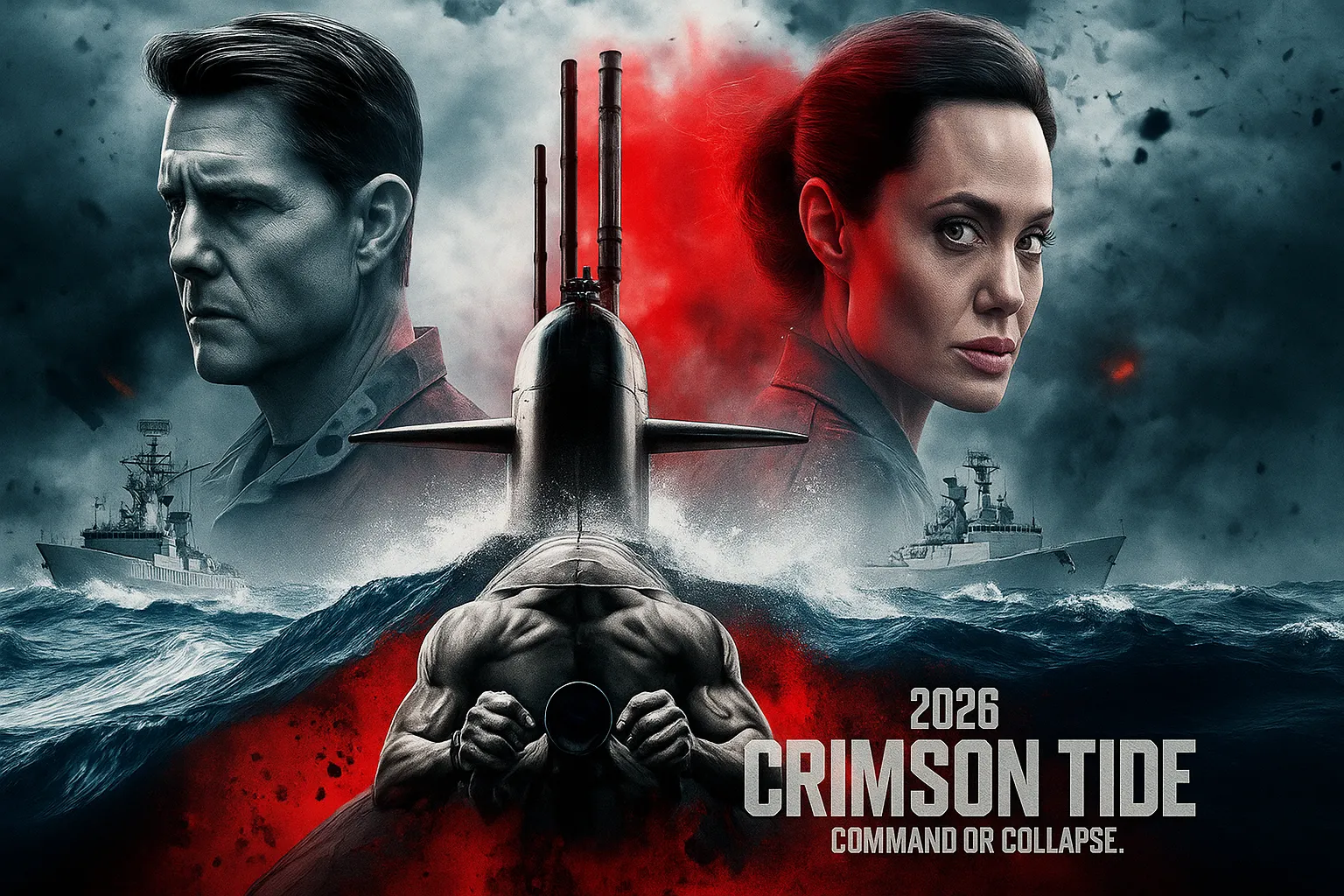
-1754617732-q80.webp)
